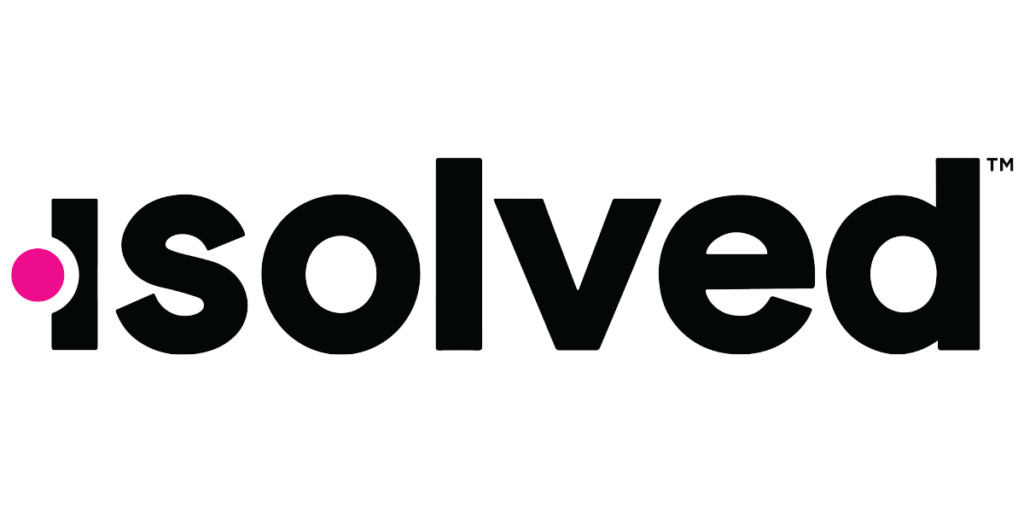In October, the IRS released the 2023 cost-of-living adjustments (COLAs) for a wide variety of tax-related limits applicable to many popular fringe benefits. Shall we pop open a few? Here are some highlights:
Health Flexible Spending Accounts (FSAs). For 2023, the dollar limit on employee salary reduction contributions to health FSAs will rise from $2,850 to $3,050.
Qualified transportation fringe benefits. The monthly limit on the amount that may be excluded from an employee’s income for qualified parking benefits will increase from $280 to $300. The combined monthly limit for transit passes and vanpooling expenses will also be $300.
Qualified Small Employer Health Reimbursement Arrangements (QSEHRAs). The maximum amount of payments and reimbursements under a QSEHRA will be $5,850 for self-only coverage and $11,800 for family coverage (up from $5,450 and $11,050, respectively, for 2022).
Adoption assistance exclusion and adoption credit. The maximum amount that may be excluded from an employee’s gross income under an employer-provided adoption assistance program for the adoption of a child will rise to $15,950 from $14,890. In addition, the maximum adoption credit allowed to an individual for the adoption of a child will also be $15,950.
Both the exclusion and credit will begin to be phased out for individuals with modified adjusted gross incomes greater than $239,230 and will be entirely phased out for individuals with modified adjusted gross incomes of $279,230 or more.
Dependent Care Assistance Plans (DCAPs), also known as dependent care FSAs. The DCAP limit isn’t indexed for inflation so, for 2023, it will remain at $5,000 for single taxpayers and married couples filing jointly, or $2,500 for married people filing separately. These dollar amounts will apply in future years as well unless extended or otherwise changed by Congress.
That said, some adjustments to certain general tax limits are relevant to the federal income tax savings under a DCAP. These include the 2023 tax rate tables, earned income credit amounts and the standard deduction.
Archer Medical Savings Accounts (MSAs). For Archer MSA-compatible high-deductible health coverage, the 2023 annual deductible for self-only coverage must not be less than $2,650 (up from $2,450) or more than $3,950 (up from $3,700), with an out-of-pocket maximum of $5,300 (up from $4,950). For family coverage, the 2023 annual deductible must not be less than $5,300 (up from $4,950) or more than $7,900 (up from $7,400), with an out-of-pocket maximum of $9,650 (up from $9,050).
Note that the Archer MSA pilot program expired at the end of 2007, and no new Archer MSAs can be established after that date. Many employers that previously offered Archer MSAs have switched to Health Savings Accounts, which are generally more favorable.
With the end of the year fast approaching, employers should act quickly to determine whether their plans automatically apply the latest limits or need to be amended, if so desired, to recognize changes. If you do make revisions, be sure to clearly communicate the changes to employees. Our firm can provide further information on next year’s COLAs as well as other aspects of offering tax-friendly fringe benefits.
© 2022







